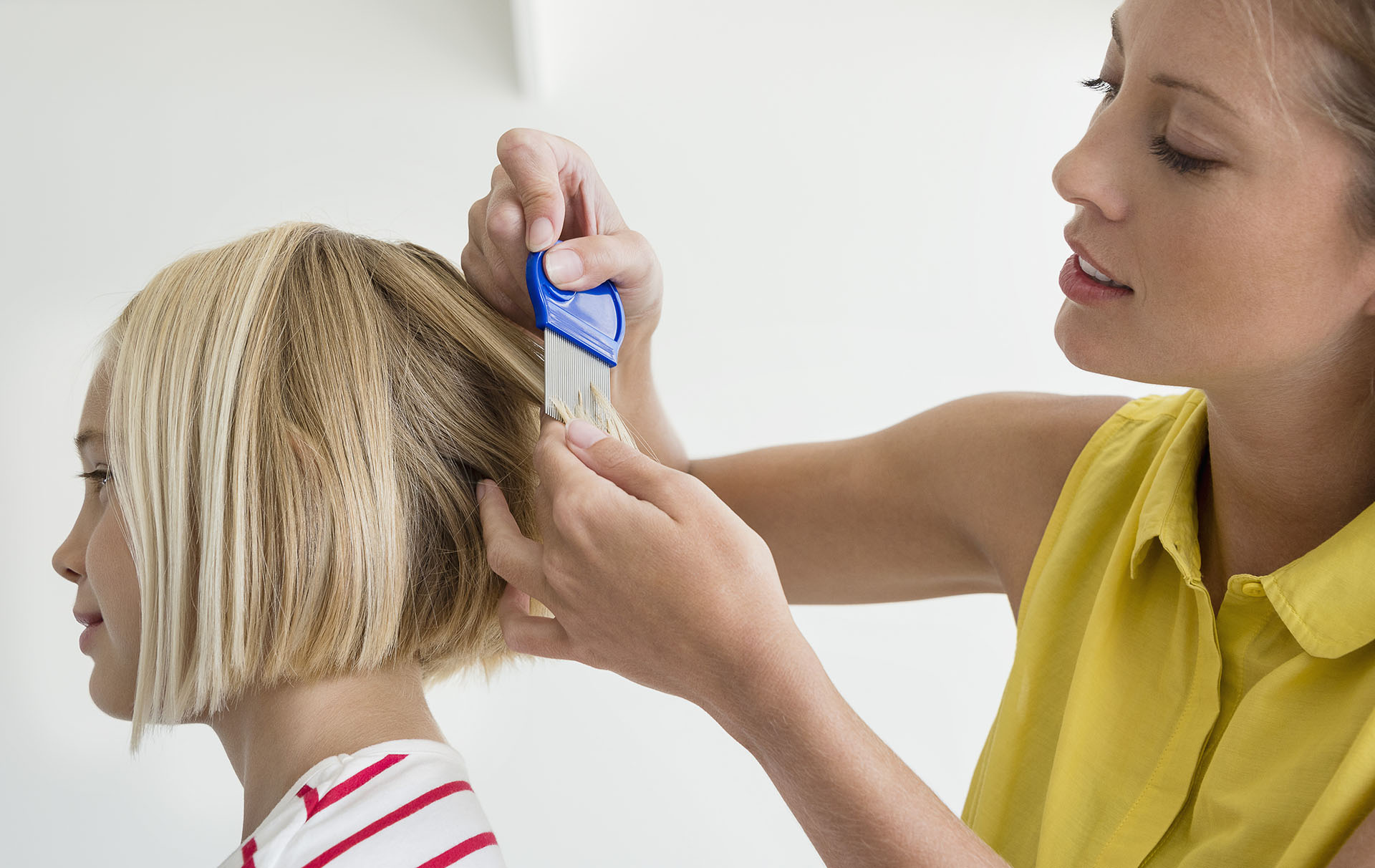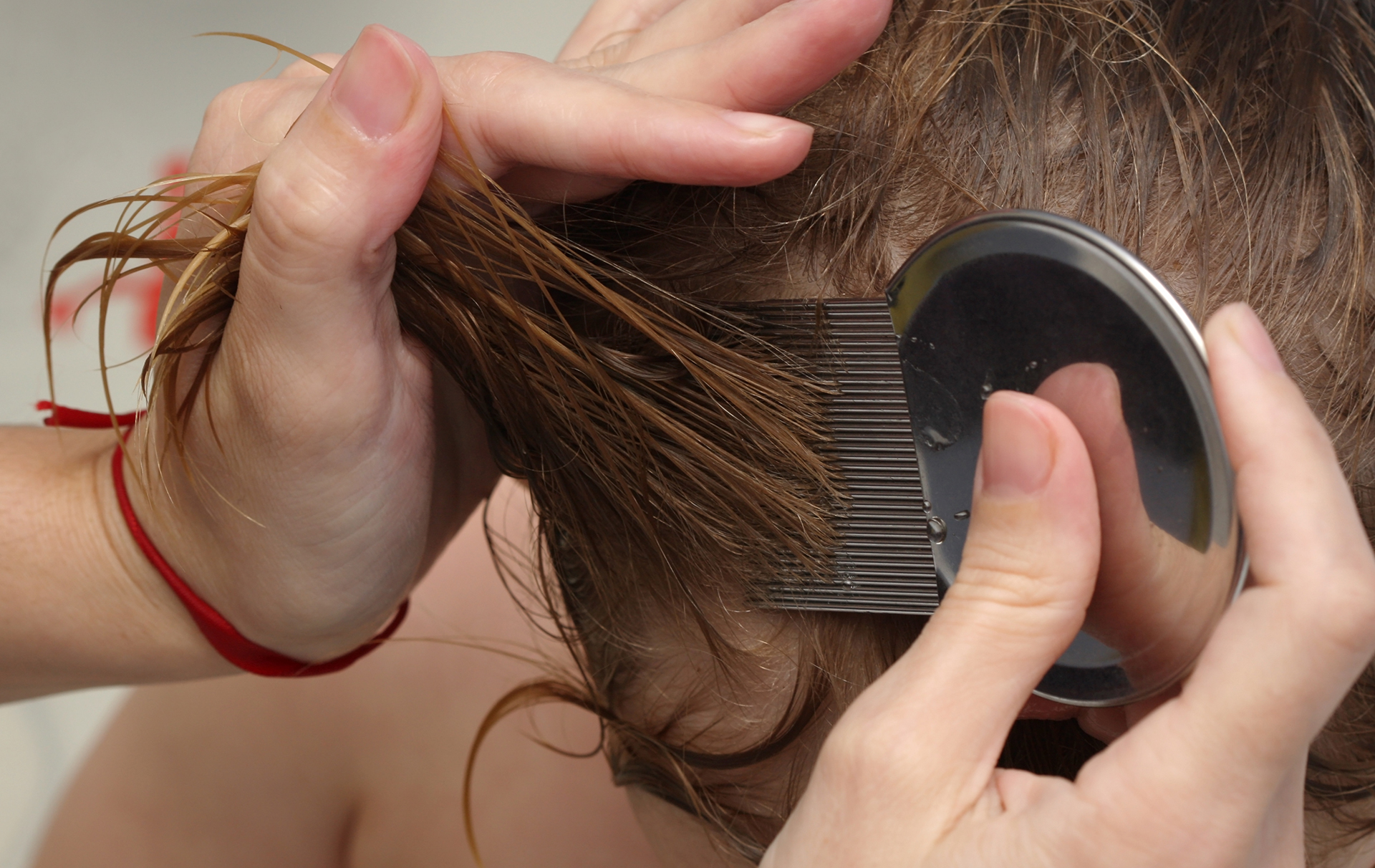Schools face head lice epidemic as NHS axes treatment


Head lice are spread through head-to-head contact, so we all know that as soon as one child has them, the whole class is at risk.
And, this winter there may be even more outbreaks of these pesky parasites, due to new government guidelines.
Under a new government policy, GPs will now stop prescribing nit kits to children who are showing signs of nits or head lice.
Introduced over the summer, the NHS policy change was put into place as a cost-cutting measure, so that the government money can be used for other issues.
GPs will now be stopped from prescribing any treatment for head lice, including lotions, sprays and combs.
The best natural head lice treatments
Health charity Community Hygiene Concern predicts that, as a result of this change, head lice and nits will become more and more present in schools over the next six months.
GoodtoKnow Newsletter
Parenting advice, hot topics, best buys and family finance tips delivered straight to your inbox.
Usually the need for head lice treatment increases in the autumn when children return to school and are at risk of contracting them through head-to-head contact with other students.
So with a lack of treatment multiple lice outbreaks are likely, and children from poorer families are most likely to be at risk.
Without medically prescribed treatment available they may find it difficult to get hold of the expensive remedies by themselves.
Over-the-counter solutions can cost up to £30, and with children now more susceptible than ever to contracting head lice multiple times, continuously purchasing the treatments may not be possible for lower-income families.

‘Children whose parents cannot afford the treatments will be victimised and bullied,’ Frances Fry, a spokesperson for Community Hygiene Concern told the Guardian. ‘Poorer children will be looked down on for causing the problem, and all the judgments and stigmas about nits will return.’
The charity has spent 23 year supporting the NHS with their Bug Buster kits that were regularly prescribed to patients.
Now they worry that effective solutions will be more difficult for patients to track down.
‘Pharmacists generally prefer to repeatedly sell more expensive treatments to customers, along with their own untested nit combs,’ continues Frances. ‘It’s more about profit.’

Aleesha Badkar is a lifestyle writer who specialises in health, beauty - and the royals. After completing her MA in Magazine Journalism at the City, the University of London in 2017, she interned at Women’s Health, Stylist, and Harper’s Bazaar, creating features and news pieces on health, beauty, and fitness, wellbeing, and food. She loves to practice what she preaches in her everyday life with copious amounts of herbal tea, Pilates, and hyaluronic acid.